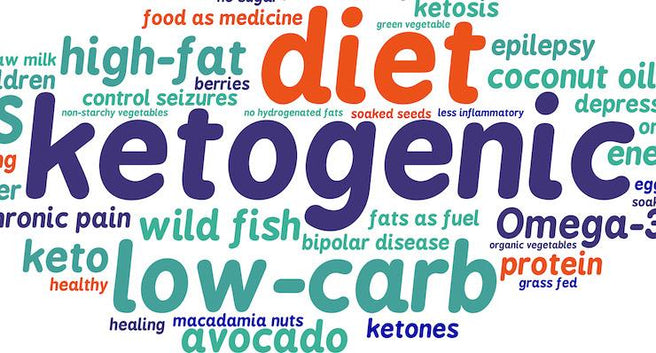
- Health advice
- May 17, 2017
The low carb, moderate protein, and high fat diet better known as the Ketogenic Diet, triggers your metabolism to burn fatty acids or ketone bodies for energy.
As a result, the Ketogenic Diet promotes insulin sensitivity and cellular healing while reducing inflammation and the risk of developing chronic disease.
Still, researchers question whether this diet is right for everyone.
The Ketogenic Diet is ideal for improving…
- Brain diseases, like Alzheimer’s and Parkinson’s
- Cancer, especially of the nervous system and blood
- Chronic pain
- Mental and physical performance
- Overweight and obesity
- Seizure disorders
- Insulin carries glucose from the blood into the cells while
- Leptin tells the brain when the body is satisfied and no longer needs food
When the Ketogenic Diet is not the best option for maximum health
Insulin stimulates the production of leptin; so, when leptin levels are low, women’s sex hormones can become unbalanced. If leptin levels become too low, women can experience issues with menstruation, fertility, reproduction, and lactation. For this reason, women who are trying to become pregnant, currently pregnant, or breast feeding should avoid going on this diet. After all, both mother and baby require an optimum amount of carbs for consistent energy. Other individuals who should consult a medical professional prior to starting a this type of diet include:- Children and teenagers – Because this group is still growing and developing, a ketogenic diet can compromise puberty and cause menstrual irregularities in girls. Yet, it has been shown to help reduce seizures in teenagers with epilepsy.
- Women with irregular menstrual cycles – A ketogenic diet can take its toll on lean women who do high-intensity exercise. The combination of low carbs and intense exercise stresses the body, wears out the adrenal glands, and causes fatigue and premenstrual symptoms.
- Individuals with adrenal fatigue – Again, those experiencing low energy, lethargy, abnormal heart rate, irritability, muscle soreness, anxiety, and changes in weight should not be on a ketogenic diet because it can make these symptoms of adrenal fatigue far worse.
- Individuals with poor thyroid function – Although people with hypothyroidism can handle a ketogenic diet without complications, people with hypothyroidism and adrenal fatigue can suffer harm from a ketogenic diet.
- High level athletes – Demanding sports, such as triathlons, long-distance runs, basketball, and football, require more energy and therefore more calories for quick fuel. A ketogenic diet cannot always meet these needs.






